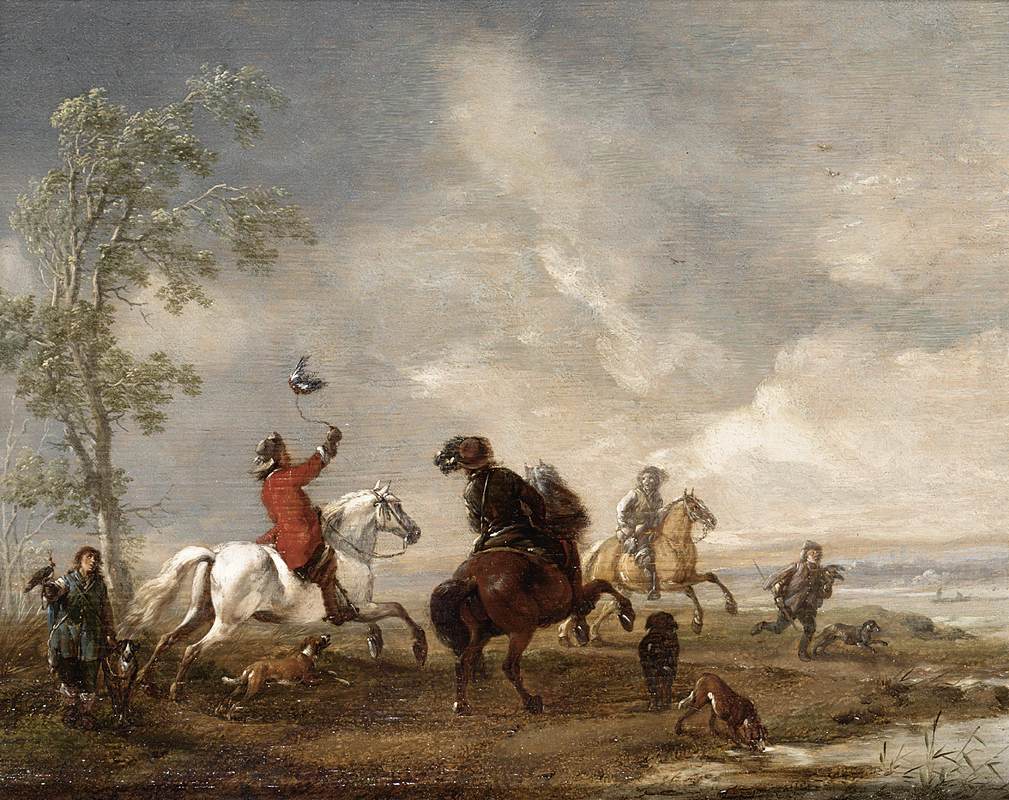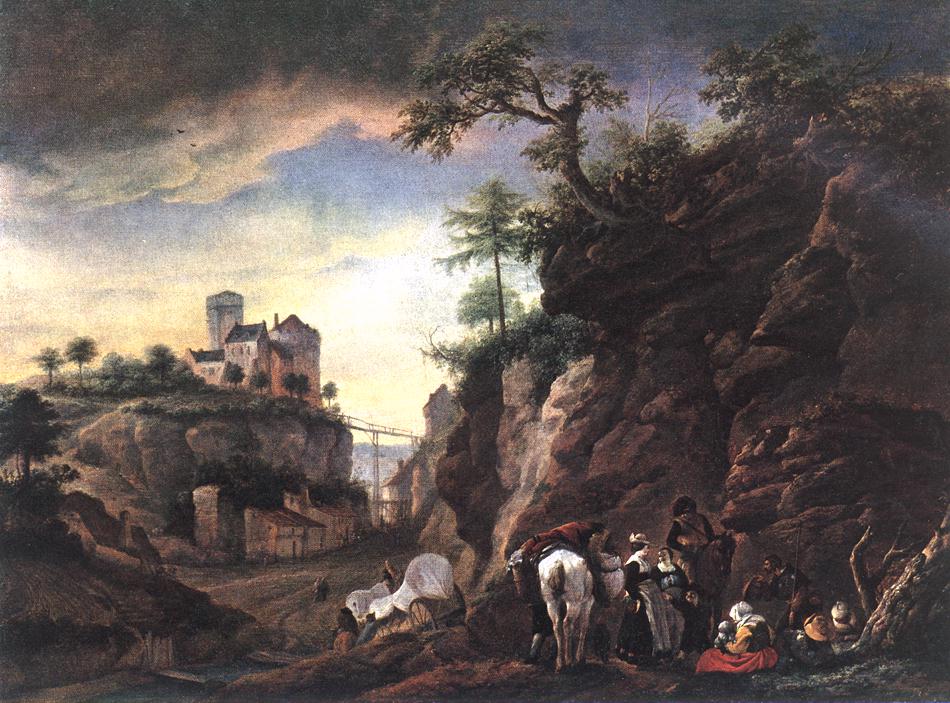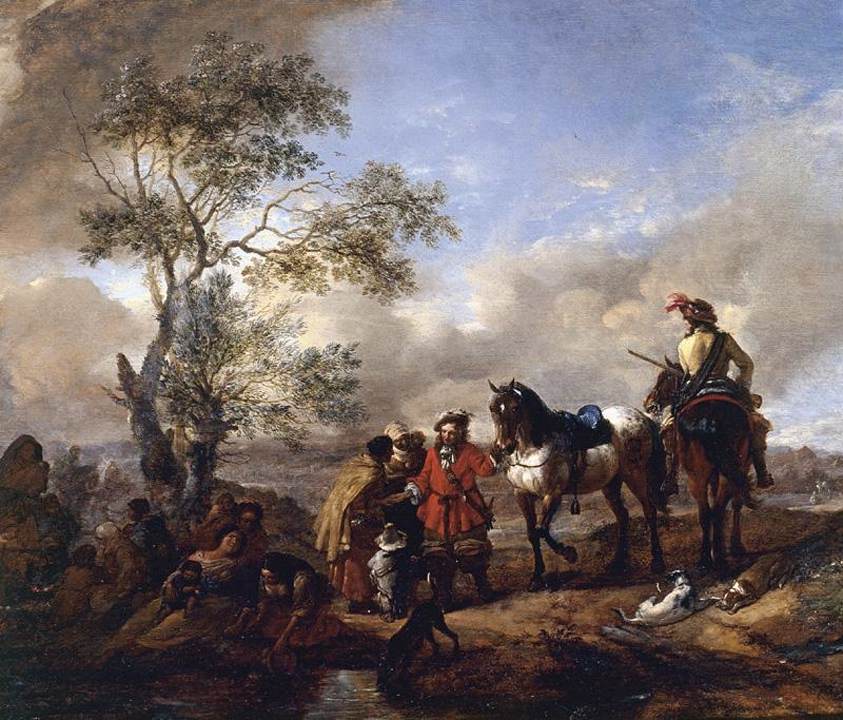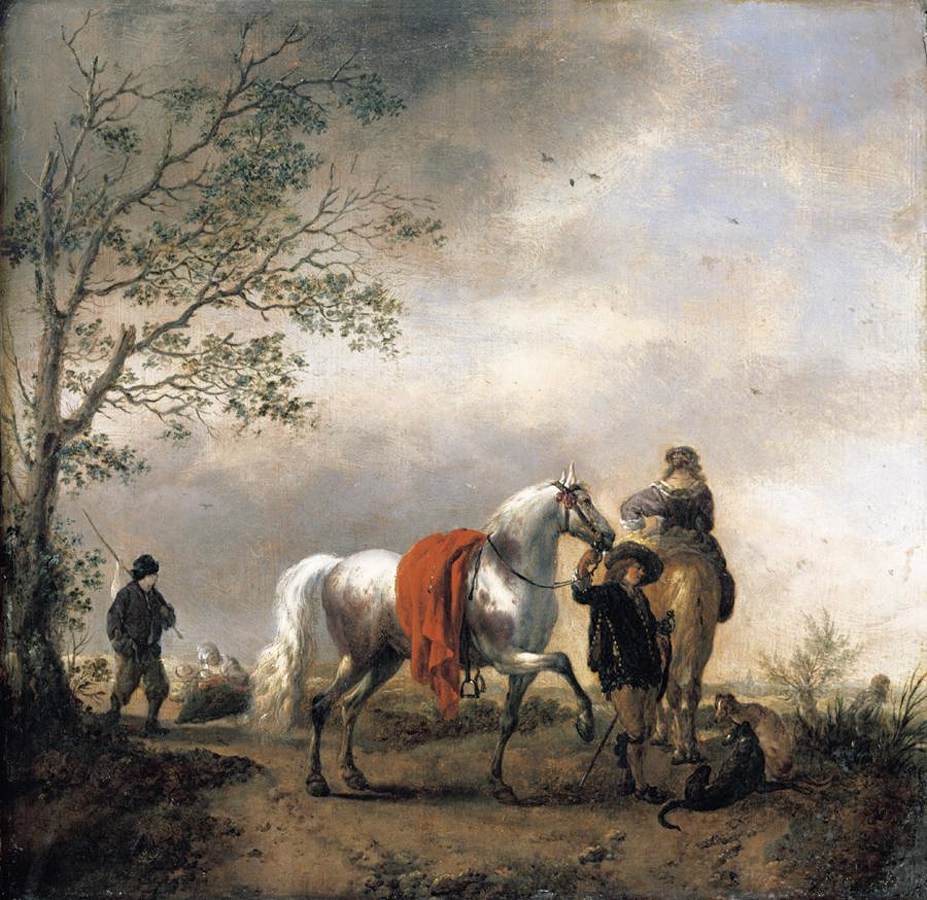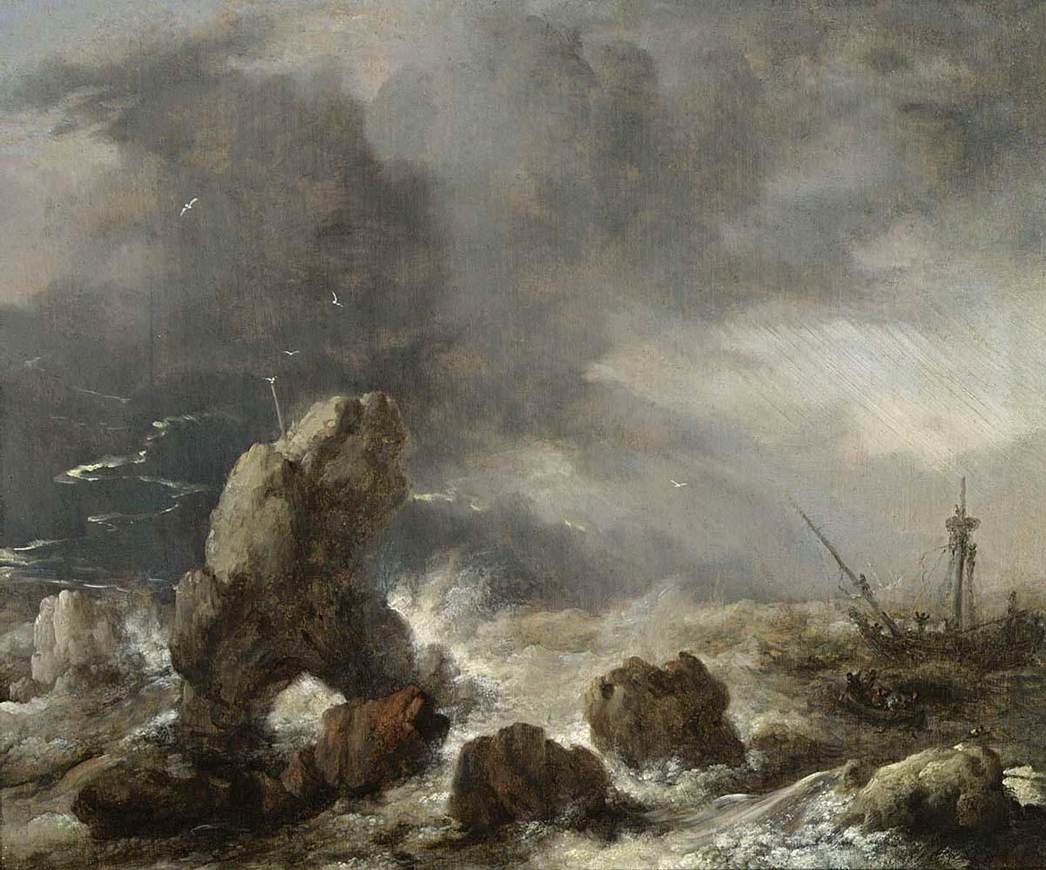<Back to Index>
- Physician William Gilbert, 1544
- Painter Philips Wouwerman, 1619
- Queen of the United Kingdom Victoria, 1819
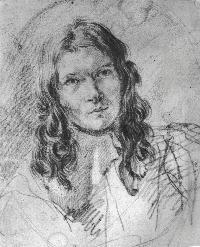
Philips Wouwerman (also Wouwermans) (baptized May 24, 1619, Haarlem – May 19, 1668, Haarlem), was a Dutch painter of hunting, landscape and battle scenes.
Wouwerman was first taught by his father, Paul Joosten Wouwerman, a historical painter of moderate ability. According to a contemporary account he had also studied with Frans Hals (1581/85-1666). Wouwerman became a member of its guild of painters in 1642, and he died after a successful career in his hometown in May 1668.
About 800 pictures were listed in John Smith's Catalogue raisonné (1829/1842) as the work of Philip Wouwerman. In Hofstede de Groot's enlarged Catalogue (1908) the number exceeds 1200. In Birgit Schumacher's recently published Catalogue raisonné (2006), only some 560 pictures were listed as authentic works, as many of the pictures mentioned by Hofstede de Groot were actually painted by his brothers, Pieter (1623-1682) and Jan (1629-1666), as well as by countless followers and imitators all over Europe.
Wouwerman's authentic works, spirited and polished, are of great variety, showing equestrian scenes, hunting and hawking parties, landscapes with travellers, cavalry battles and military encampments. He very commonly includes a white horse as a highlight in the foreground. He excels in his vivacious treatment of figures, skillful animal painting, and appropriate landscape backgrounds.
Three
different styles have been observed as characteristic of the periods of
his art. His earlier works are strongly influenced by the italianate
painter Pieter van Laer (1599-after
1642) and marked by a foxy-brown colouring and by a tendency to angular
draughtsmanship; the productions of his middle period have great purity
and brilliance and they are full of a delicate silvery-grey tone; his
last pictures have force and breadth, but tend to be over-crowded and
less brilliant in colouring.
